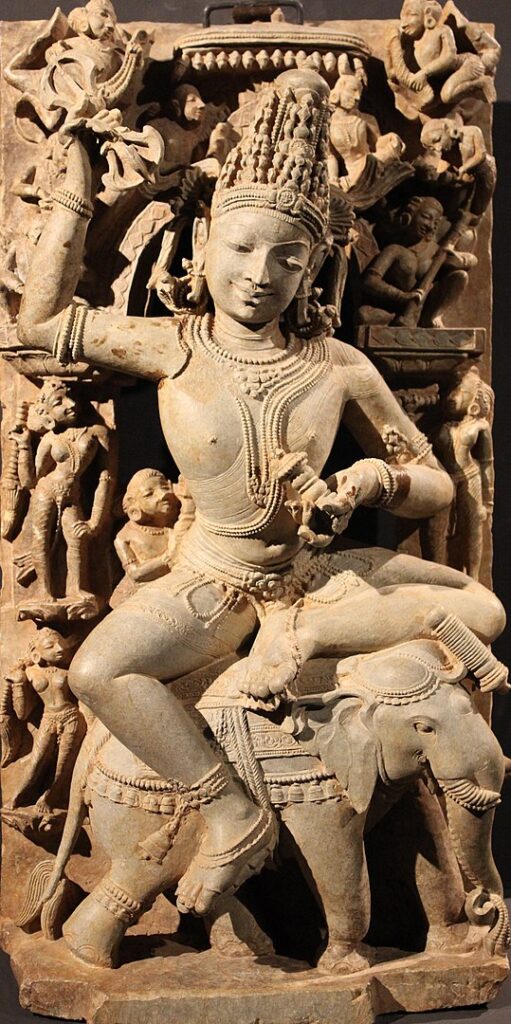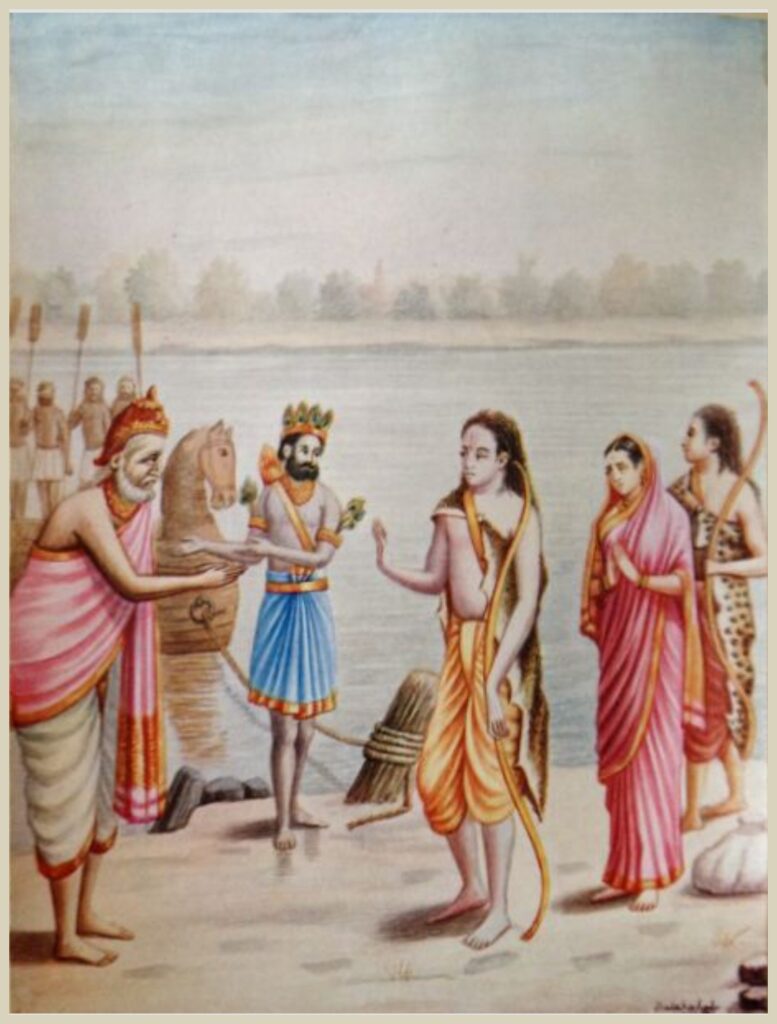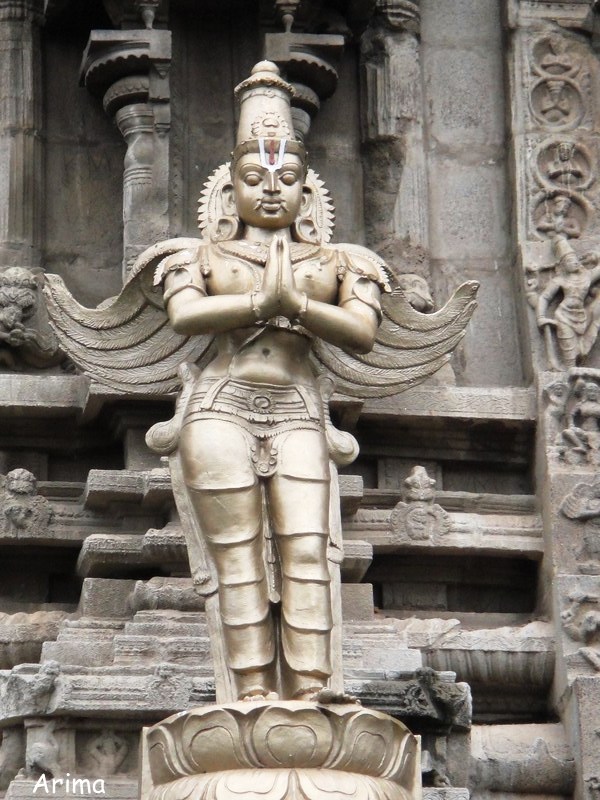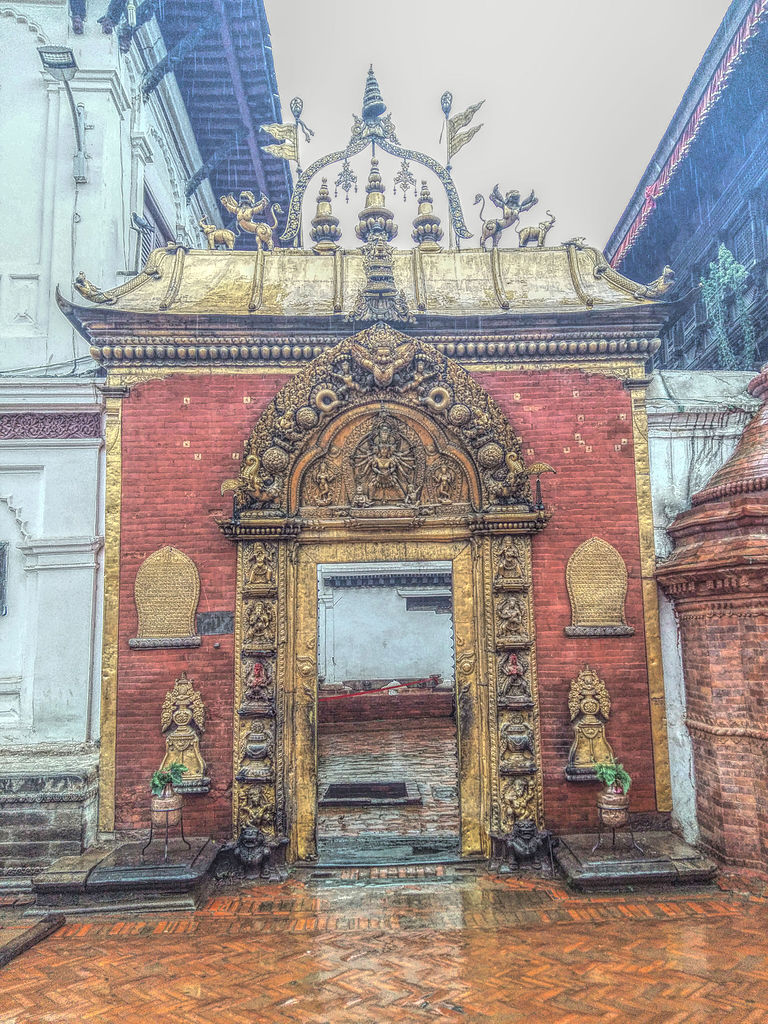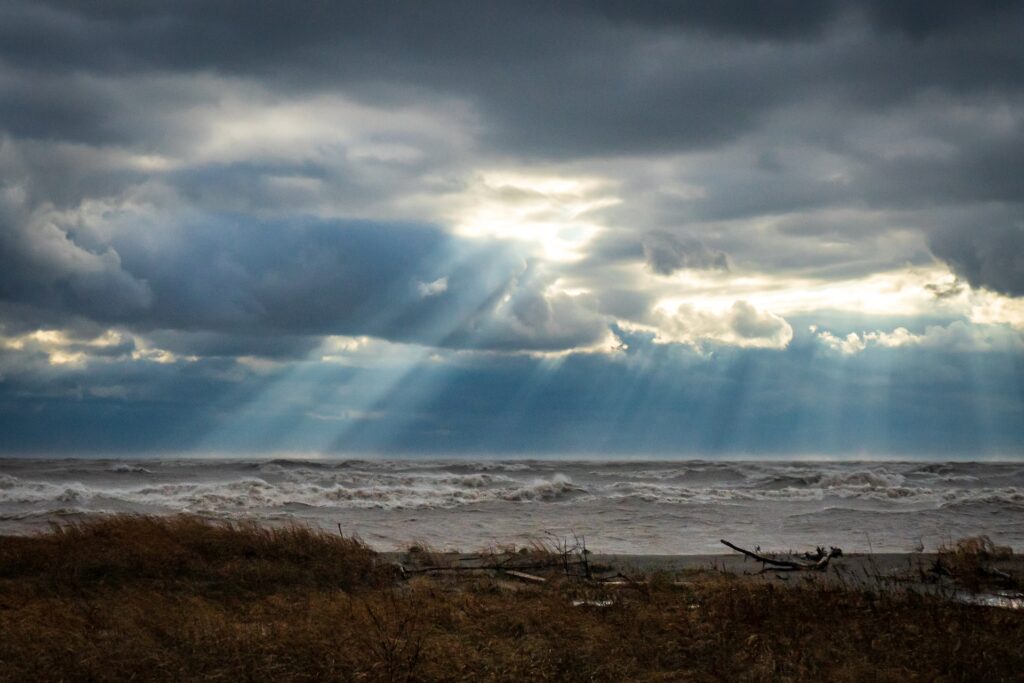
Table of Contents (The Complete Mahabharata in Simple English)
Previous Post: Names of the Principal Snakes Involved in the Tryst With Garuda
| Note: In the previous post, we learned the names of the principal snakes that were involved in the misadventure with Garuda. In this post, we will find out what a noble snake, called Shesha, did after he and his siblings were cursed by their mother, Kadru. |
After hearing the names of several snakes, Saunaka Kulapati asked Sauti, “O child, you have named many powerful serpents who were difficult to defeat but now I want to know what these serpents did after hearing the curse that their mother had pronounced on them.
Sauti replied, “One of Kadru’s sons called Shesha, left his mother and practised hard penances. He lived only on air. He also made ascetic vows which he followed rigidly. He did these penances at several sacred places like Gandhamadana, Badri, Gokarna, the woods of Pushkara, and at the foothills of the Himalayas. Some of these places were considered sacred because of their waters and others were considered sacred because of their soil.
While doing these penances, Shesha kept his mind fixed single-pointedly on his practices and he also kept his passions completely under control.
Brahma Deva saw Shesha with knotted hair and dressed in rags. The hard penances had caused his skin, muscles, and sinews to dry up. Seeing the serpent in that state, Brahma Deva said, “O Shesha, what are you doing? Your hard penances are disturbing the balance and causing suffering in other creatures. O sinless one, tell me what you desire. Tell me the reason for your penances.”
Shesha replied, “My siblings are very wicked. I do not wish to live with them. They are always jealous of each other and fight as if they were enemies. They are harsh towards Garuda and his mother, Vinata. They don’t realise that the powerful ranger of the skies, Garuda, is also our brother. They are constantly jealous of him. I am engaged in ascetic penances because I do not wish their companionship. I am doing these penances so I may never have to stay with them again.
Upon hearing Shesha’s words, Brahma Deva said, “O Shesha, I am aware of how your siblings behave and I’m also aware of the great danger they face because of Kadru’s curse. But I have already provided a remedy for all this. I am very pleased that your heart is set upon virtue. I would like you to always keep your heart directed towards virtue. Now ask for whatever you want. I wish to give you a boon.”
Sesha replied, “O divine Grandsire, bless me that my heart always delights in virtue and ascetic practices.”
Brahma said, “O Shesha I am very happy because you love peace and are practising self-denial, but O best of snakes, now I ask you to do an act for the benefit of all creatures. The earth has an unsteady and dangerous wobble. I want you to bear the earth in such a way that its rotation becomes steady.
| Note: The Mahabharata does not specifically use the words ‘dangerous’, ‘wobble’, and ‘rotation’. It simply says that the earth was unsteady and Shesha was given the task of bearing the planet to make it steady. However, I believe Brahma Deva was asking Shesha to become the axis around which the earth could rotate steadily. This story might be describing a time when the earth’s wobble was very unsteady and certain natural forces — like gravitational or geo-magnetic — caused the earth to rotate relatively steadier around her axis. You may have a different, and perfectly valid, interpretation for this story. Do read the next post, tomorrow, and share your thoughts.“ |
Table of Contents (The Complete Mahabharata in Simple English)
Next Post: Sesha Naga Becomes the Earth’s Axis


